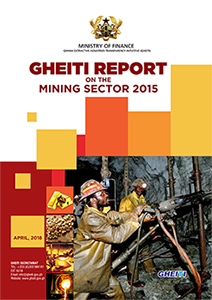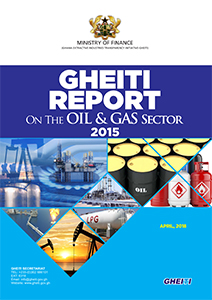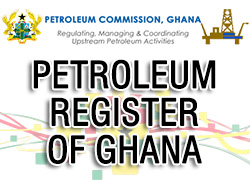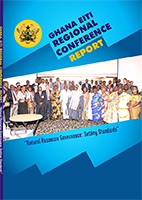| Oil production will not alter Ghana’s foreign policies-President |
 |
 |
 |
|
Ghana became an oil producing country seven months ago, and concerns have been raised as to how the production of the black gold would influence Ghana's foreign interest and its relations with its development partners. However, President John Evans Atta Mills has assured the world that, Ghana's status as an oil producing country would not lead to a shift in its foreign policy but would continue to be guided by the provisions of the 1992 Constitution. According to him, the emphasis that the government places on prosecuting a dynamic and people centered foreign policy in which ordinary citizens see the social, economic and cultural benefits of Ghana's relations with the rest of the world be maintained. He said priority would be given to the promotion of good relations with our neighboring countries and others in the sub region. "We shall continue to play the role expected of us in the region and continental bodies which we belong, including the Economic Community of West African State and the African Union.
"Ghana will continue to maintain a reasonably high profile diplomatic presence in international circles that will yield for the country political goodwill, international solidarity and a sustained positive image," he added. President Mills said these in a keynote address read on his behalf at the opening of a three-day workshop jointly organized by Friedrich-Ebert-Stiftung (FES), Legon Centre for International Affairs and Diplomacy (LECIAD) as well as Ministry of Foreign Affairs and Regional integration. The workshop was themed, "Foreign Policy in Ghana's Emerging Oil Economy." The workshop which brought together foreign policy practitioners, researchers, and representatives of civil society organizations, to re-examine Ghana's foreign policy direction in relation with her emerging oil economy and provided a working document to serve as a guide to the President and the Foreign Affairs Minister relative to the formulation of Ghana's policy. Addressing the event, the Minister for Foreign Affairs and Regional Integration, Alhaji Mohammed Mumuni, noted that the nexus between domestic and foreign policies makes it imperative for the Ministry to anticipate the influence and impact that the imminent production of oil will have on Ghana's interest abroad and its relations with the rest of the of the world. He was of the view that those were complex issues that needed to be interrogated conceptually, given their complexities and the multi-disciplinary spread. The Minister observed that even though expectations were high in certain quarters that the revenues from the oil find will lead to an instant transformation in Ghana, the reality was that it would only provide the means for powering the economic development and sustaining the steady progress made so far towards attaining the Millennium Development Goals (MDGs). "Oil is an extremely political commodity, probably the most political one in the world. It may give the producing country some economic and political leavers". However, she noted "for the oil to benefit the average Ghanaian, Ghana's foreign policy must be people-centered and anchored on national interest." Source: Public Agenda |










